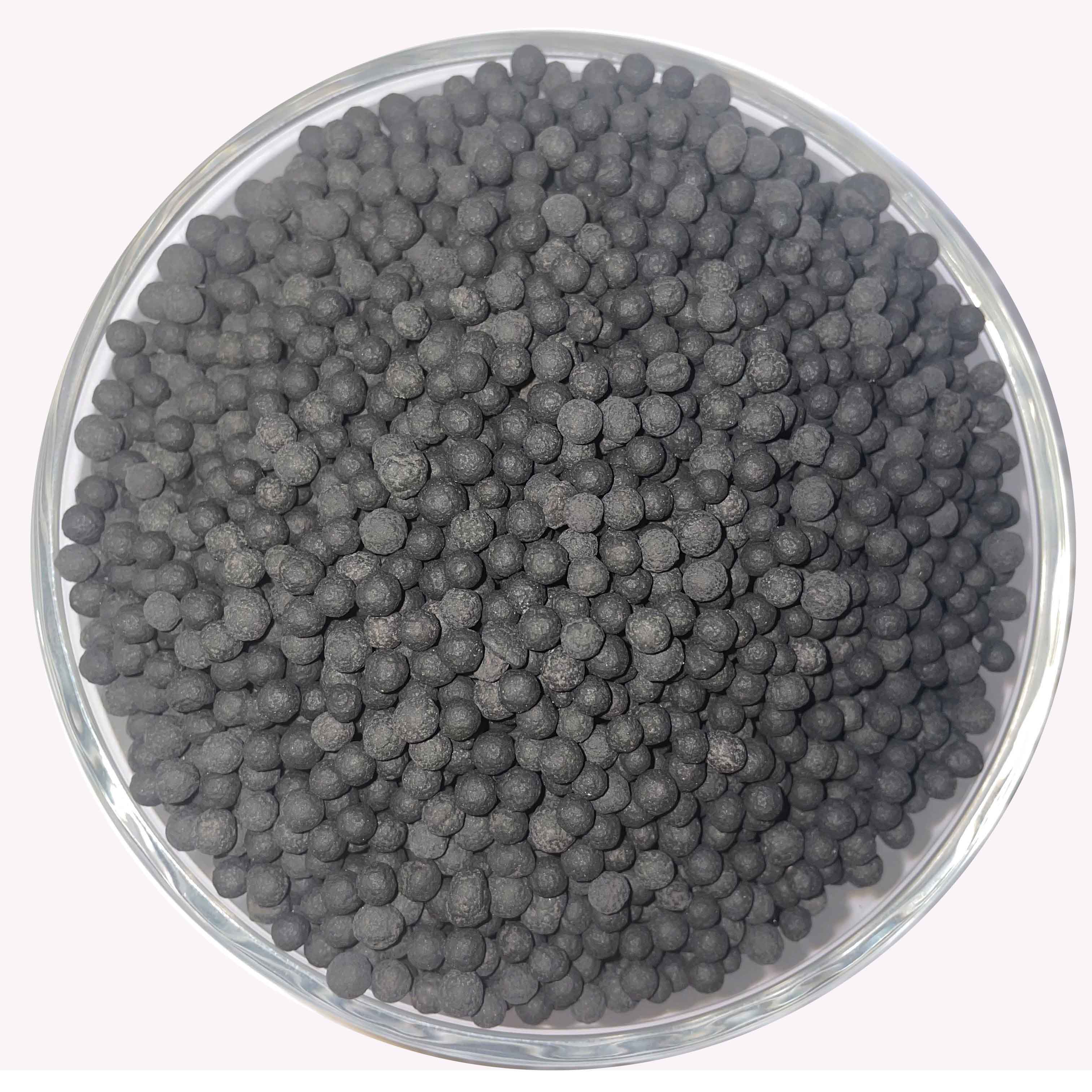
Aug . 06, 2024 00:42 Back to list
Exploring Sustainable Production in Green Pellet Fertilizer Manufacturing Facilities for Eco-Friendly Agriculture
The Rise of Green Pellets Fertilizer Factories A Sustainable Future for Agriculture
In recent years, the agricultural sector has experienced a significant transformation, driven primarily by the need for sustainable practices to combat environmental degradation and promote healthy crop growth. Among the many innovations that have emerged, green pellets fertilizer factories are at the forefront of this agricultural revolution. These facilities focus on producing eco-friendly fertilizers that not only enhance soil health but also support sustainable farming practices.
Understanding Green Pellets Fertilizer
Green pellets fertilizer is a type of organic fertilizer made from a variety of biodegradable materials such as plant residues, animal manure, and other organic waste. The process of creating these pellets generally involves composting raw materials, which are then dried and formed into compact, easily manageable pellets. Unlike traditional chemical fertilizers, green pellets are rich in nutrients and beneficial microorganisms, making them a great option for promoting soil fertility while minimizing harmful chemical runoff and soil degradation.
The Benefits of Green Pellets
1. Enhancing Soil Fertility Green pellets contribute to improved soil structure, nutrient retention, and moisture levels. As they break down, they release essential nutrients that are readily absorbed by plants, promoting healthy growth and higher yields.
2. Reducing Environmental Impact Traditional fertilizers often contain harmful chemicals that can leach into nearby waterways, leading to pollution and eutrophication. In contrast, green pellets are environmentally friendly, reducing the risk of chemical runoff and promoting biodiversity in agricultural landscapes.
3. Supporting Circular Economy The production of green pellets often relies on locally sourced organic materials, thus supporting the circular economy. This approach reduces waste, as agricultural by-products and food waste are repurposed into valuable fertilizers, mitigating the waste crisis while benefitting farmers.
green pellets fertilizer factories

4. Promoting Sustainable Practices As the global agricultural community increasingly embraces sustainability, green pellets serve as a practical alternative to synthetic fertilizers. They help farmers transition to organic farming practices, which are not only environmentally responsible but also appealing to the growing market of eco-conscious consumers.
The Role of Green Pellet Factories
Green pellets fertilizer factories play a crucial role in this agricultural movement. By investing in technology and processes that streamline the production of organic fertilizers, these factories are making it easier for farmers to access sustainable options. The factories use advanced composting techniques and efficient production methods to ensure high-quality fertilizer is made available at competitive prices.
The establishment of such factories also stimulates local economies by creating jobs in the agricultural sector and related industries. Local farmers benefit from access to affordable, environmentally friendly inputs, which enhances their productivity and profitability.
Challenges and Future Prospects
Despite the many advantages of green pellets fertilizer, there are challenges to consider. The initial setup of production facilities can be costly, and farmers may need education and support to transition from traditional fertilizers. However, as awareness of sustainable farming practices continues to grow, investment in green pellet factories is expected to increase.
Governments and organizations worldwide are recognizing the importance of sustainable agriculture and are likely to provide the necessary support and incentives for the growth of green pellets fertilizer factories. This positive momentum indicates a promising future for both farmers and the environment.
In conclusion, green pellets fertilizer factories are pivotal in fostering a sustainable agricultural landscape. By providing an eco-friendly alternative to traditional fertilizers, they not only enhance soil health and crop yield but also contribute to a healthier planet. As the world moves towards more sustainable agricultural practices, green pellets will undoubtedly play an integral role in shaping the future of farming.
-
Premium Organic Manure Compost for Eco Gardens
NewsAug.01,2025
-
Organic 10-10-10 Fertilizer | Balanced Plant Nutrients
NewsJul.31,2025
-
Premium Amino Acid Fertilizer | Rapid Plant Growth Booster
NewsJul.31,2025
-
10 10 10 Fertilizer Organic—Balanced NPK for All Plants
NewsJul.30,2025
-
Premium 10 10 10 Fertilizer Organic for Balanced Plant Growth
NewsJul.29,2025
-
Premium 10 10 10 Fertilizer Organic for Balanced Plant Growth
NewsJul.29,2025
